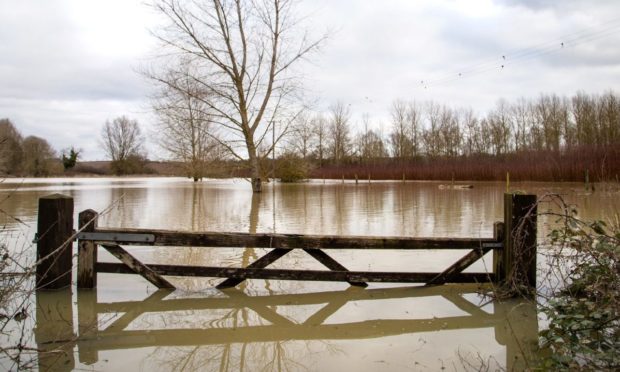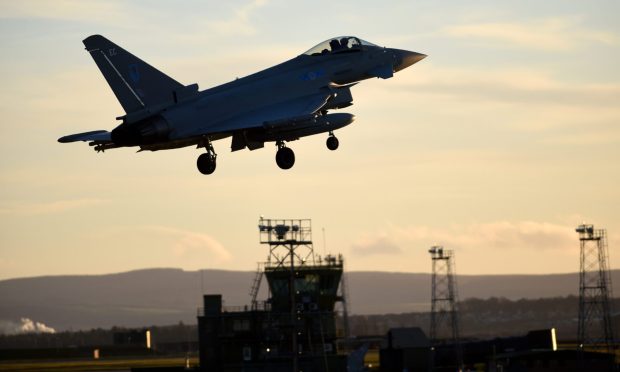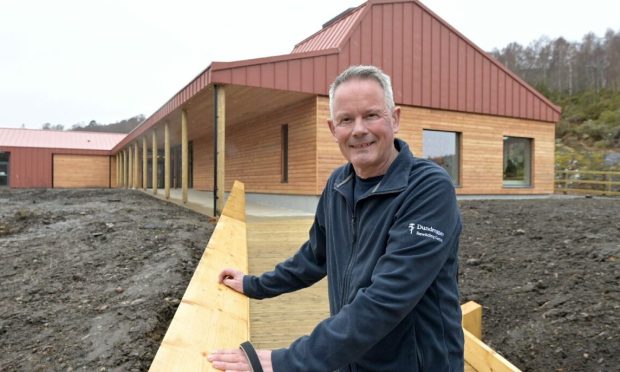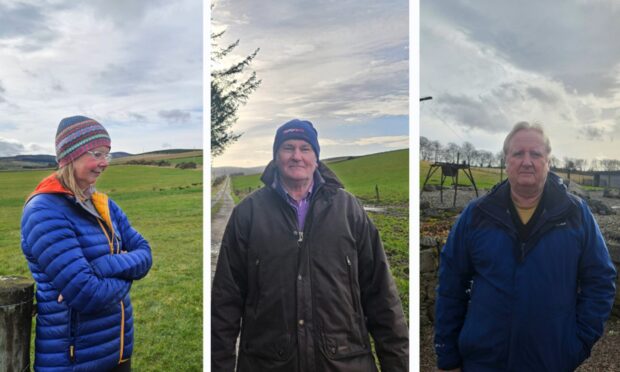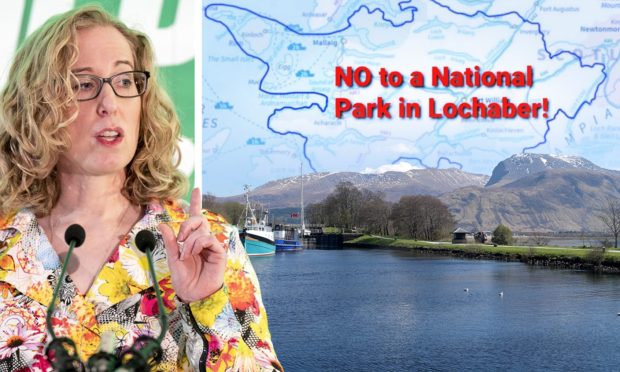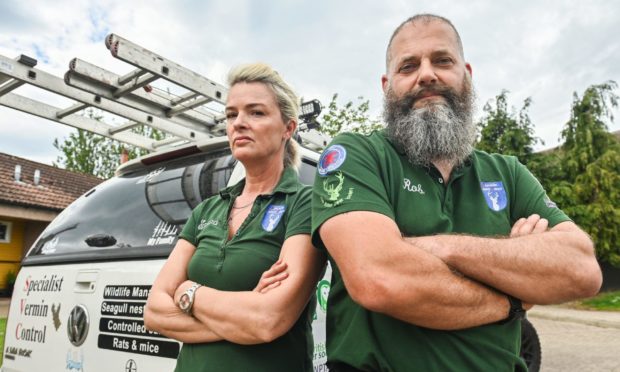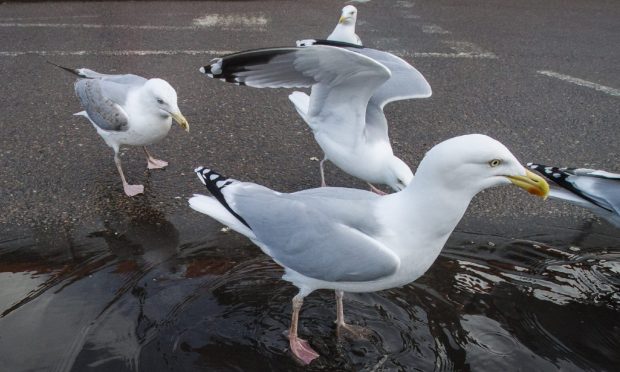Farm businesses are already suffering from the consequences of extreme weather, but researchers say the industry’s isn’t adapting quickly enough to the climate change emergency.
A study published in the journal Climate Risk Management suggests the challenging economic environment means many farmers are instead focused on short-term profitability and business survival, as well as being concerned about other political and public pressures.
The research by the University of Exeter’s Centre for Rural Policy, Rothamstead Research and Lancaster University indicates that while there is a growing acceptance among farmers that the climate is changing and there are benefits to taking action, uncertainties about the exact scale, speed and nature of change locally, make it difficult for them to plan ahead.
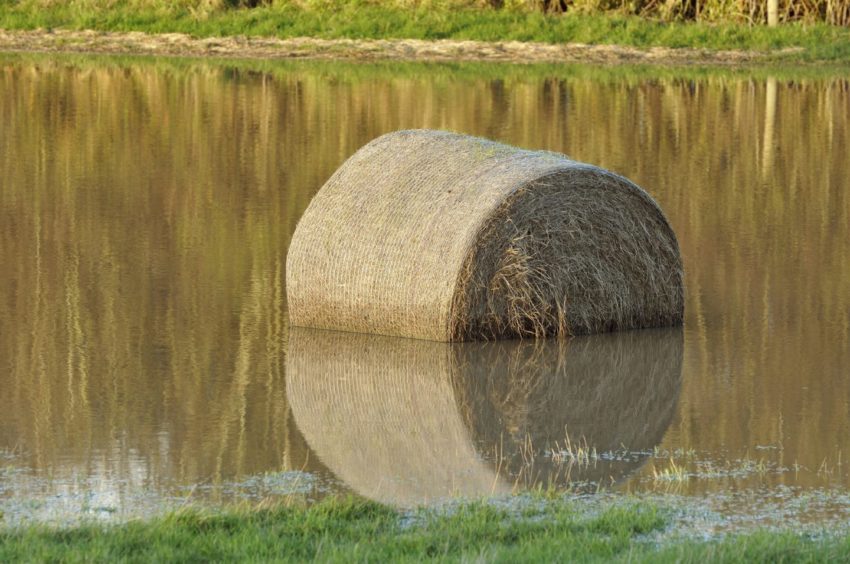
The researchers carried out 31 interviews with farmers and stakeholders including advisors, consultants and industry representatives. Some farmers said they “hadn’t got around” to certain measures they would like to undertake, whilst others were “concentrating on the short term”.
Researcher Dr Rebecca Wheeler of the University of Exeter acknowledged it was understandable that farmers are focused on the immediate survival of their businesses.
She said: “This seems to be preventing them from adapting to the effects of the climate emergency. It is essential the industry finds ways to build resilience, and that farm businesses are supported in planning and responding to changing weather patterns.”
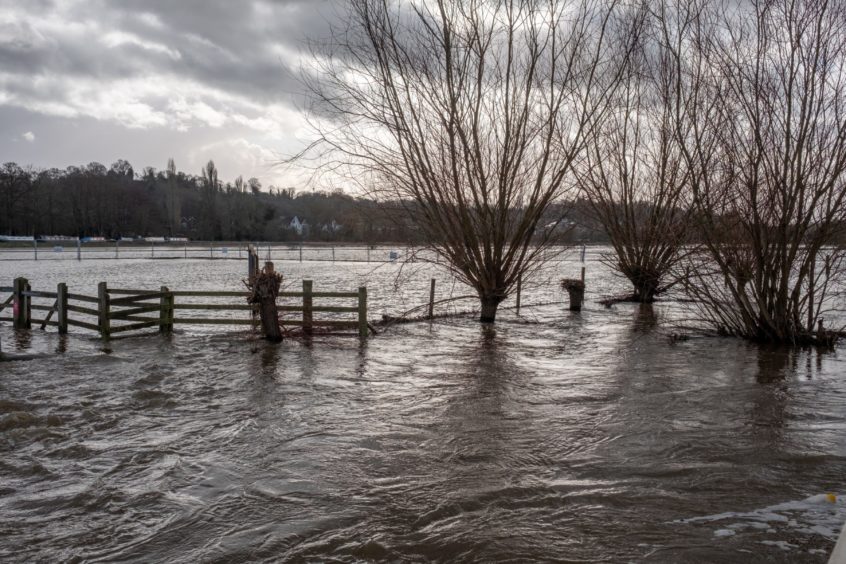
However the research also highlighted moves by many farmers to build resilience into their businesses by improving soil health, evaluating crop and grass varieties and new growing techniques, installing livestock housing with good ventilation, increasing rainwater storage capacity and spreading risk by diversifying crops and enterprises.
Co-researcher, Professor Matt Lobley, said while these innovative measures were taking place, more needed to be done to improve the resilience of individual farms and the industry as a whole.
He added: “Few farmers described themselves as directly adapting to climate change but most did see themselves as taking positive steps to respond to the risks of extreme weather or to generally improve their business resilience. For a number of farmers this primarily took the form of improving soil health.”
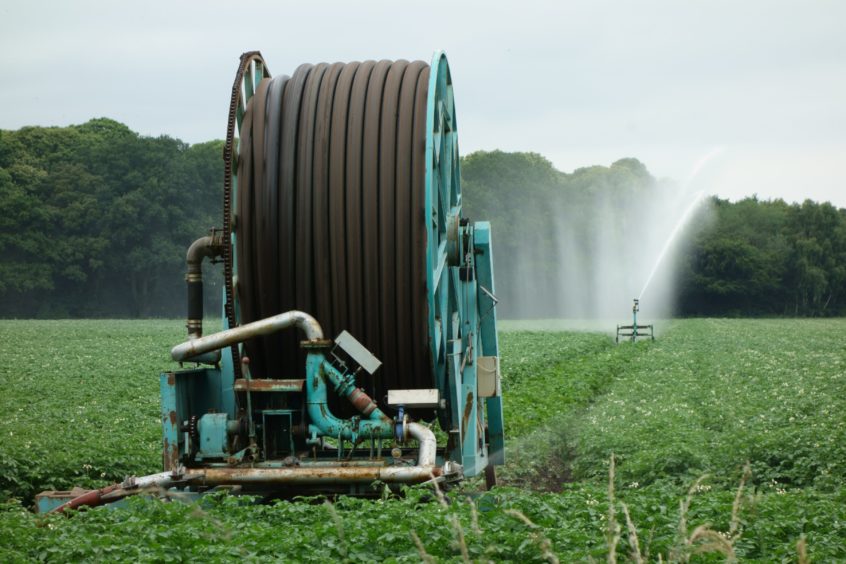
Industry representatives involved in the research said the findings highlighted a need for government and agricultural stakeholders to work with farmers to help them understand the risks posed to their particular business from extreme weather and climate change.
Actions to help the industry respond include improved collaboration and creating opportunities for farmer-to-farmer learning.
